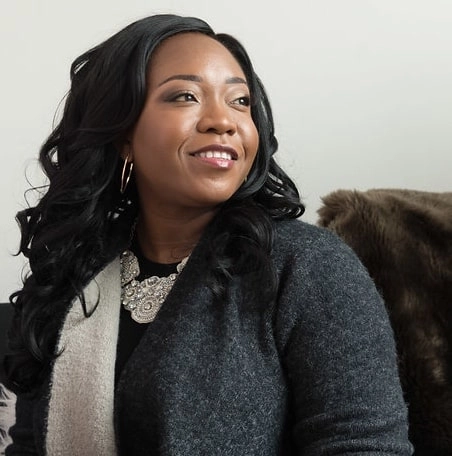Pause. Breathe. Hope. Heal.
Dear Reader! To make life easier for you, I wanted to give you this information in a couple different formats. You can either read this blog post, or click the link below to download the podcast and listen to the episode on the go.

For some people the holidays are a time of excitement and fun. They look forward to the closeness and sense of togetherness with their families. However, for others it can be a time filled with triggers, anxiety, stress, and sadness. It may be a time of grief and mourning because it’s the first holiday without a loved one. It could be a time of disappointment as you anticipate attending yet another family gathering where you feel unsafe or unloved. These times can be challenging to say the least, so here are 3 essential tips for surviving the holidays.
1. Practice radical acceptance
We love our family. Yet, sometimes we can feel triggered when we’re around family members who have not done their own personal growth work. When going to family events, remember to set realistic expectations. Being in an environment where you experienced attachment injuries or trauma can be hard and re-activating. So, let’s accept that we most likely will feel dysregulated.
You may see your symptoms flare up, you may notice your nervous system is on high alert ping-ponging between fight, flight, fawn, freeze, and shut down. So, please keep this thought at the back of your mind, your family of origin did not develop their particular rhythms overnight, and you can’t change other people.
So try and practice radical acceptance. Hold your hands open and palms up, breathe, and remind yourself to accept the things you cannot change or control.
2. Set clear boundaries
Sometimes our family may not respect the choices we’ve made in our lives. If you experience someone pushing their opinions, values, perspectives, or agenda on you. Pause. Notice how it’s making you feel. Respond in a way that sets a healthy boundary and makes it clear that their words or actions didn’t sit well with you. Then redirect to a topic or activity that feels more safe, fun, or peaceful for everyone involved.
Please note, you may set a boundary, but other people may not respect and honor your boundary. That doesn’t mean you’re doing boundaries wrong, it just means it may take time and consistency to teach them that you mean business. Stick with it, and be willing to go through with any consequences you’ve put in place.
An example of what setting a boundary could sound like:
You could say something like this for example: “I feel hurt when you make fun of my appearance. I need you to say things that are encouraging to me or don’t say anything at all. If you continue making fun of my appearance, I will leave.” If they respect your boundary, great! If not, then, you need to follow through so they know you’re serious about your boundary.
3. Find your allies
As much as you can, try and stay close to people who you experience as being safe and fun. Not everyone will feel good to your nervous system, so notice that, and try to find the people who bring a smile to your face and warmth to your heart.
Also, you can ask someone to be a safe person for you, and before you go to the event, decide on a safe word or signal. Then, if you find yourself feeling triggered, you can communicate your chosen word or signal to your safe person. Your safe word could be warm, and if you find yourself in a challenging situation, you could say something like, “Wow, I’m feeling overly warm all of a sudden.” At this point, your safe person gets the hint and asks if you’d like to step outside for a breath of fresh air. Once you have some privacy, you can let them know what you need, a walk to calm yourself down, or that you’ve had enough and you’re ready to leave.
Hopefully these 3 tips will help you not just survive the holidays but thrive. Over the next few weeks try to focus on:
- Self-regulation
- Building healthy sleep habits
- Practicing grounding techniques
- Incorporating any helpful self-regulation strategies in your daily flow
An easy one to remember, is to take a moment in your day to remind yourself to pause, breathe, hope, and heal.
If you would like to see if we would be a good therapeutic fit, schedule a free 20-minute consultation by clicking the button below.





